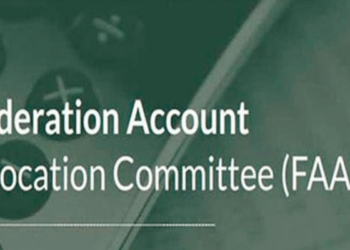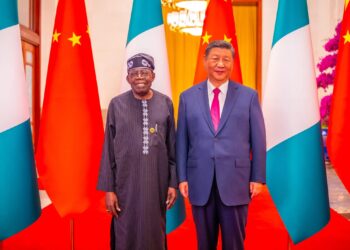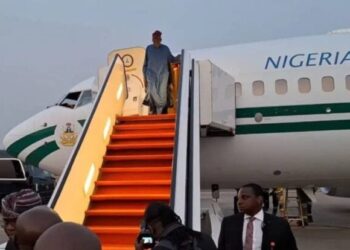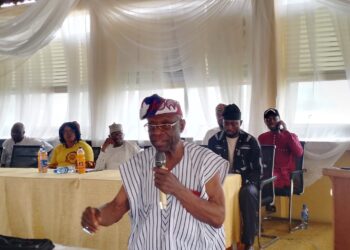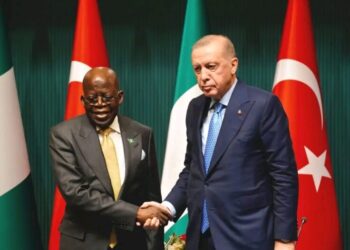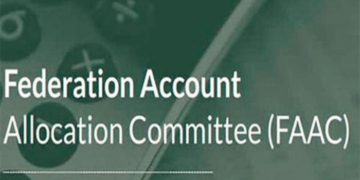Abuja – A total of 23 States and the Federal Capital Territory (FCT) have accessed a total of N24.5 billion from the Conditional Grant Schemes.
The Senior Special Assistant to the President on the Sustainable Development Goals (SDGs), Mrs Adejoke Orelope-Adefulire, stated this on Thursday in Abuja when she appeared at the weekly ministerial briefing by the Presidential Communications Team at the Presidential Villa, Abuja.
Orelope-Adefulire said the funds were received as an incentive to invest more of their resources into areas of national development priorities and the Millennium Development Goals(MDGs)/Sustainable Development Goals (SDGs).
The Conditional Grant Schemes, disbursed from 2015 till date, was introduced in 2007 with a 50 per cent matching grant from the Federal Government and 50 per cent from the participating States.
Orelope-Adefulire said the grants were targeted at education, health, water and sanitation projects.
She said they were “aimed at executing pro-poor projects in a consultative manner with the beneficiaries.”
She said the money was spent on the implementation of 732 water and sanitation facilities; 494 health facilities (new facilities and renovation/rehabilitation); 616 education facilities (new construction, renovation/rehabilitation of block of classrooms; 1,150 women and men were empowered/trained in vocational skills, such as sewing, knitting, detergent & pomade making etc.)
She said there were special intervention projects across the geo-political zones, an initiative, she affirmed, was aimed at strategic investment to fast-track the achievement of the SDGs in Nigeria.
“Between 2016 and 2021, a record number of projects have been implemented, aimed at providing essential services to accelerate the achievement of the SDGs, by ensuring no Nigerian is left behind.
“In the education sector, 8,008 classrooms constructed and 305 renovated with furnishing to strengthen basic education across the country.
“A total of 4,845 Desktop and Laptop Computers have also been supplied to schools across the country for Information and Communication Technology (ICT) training.
“In the health sector, 195 Health Centres, comprising Primary Healthcare Centres (PHC) and Mother and Child Centres (MCC) were constructed, complemented with the supply of 199 Intensive Care and Rural ambulances. About 257 incubators and 7,464 regular and automated hospital beds were supplied across tour health facilities.
“In other cross-cutting sectors, OSSAP-SDGs constructed 66 Vocational and Skills Acquisition Centres; supplied 1,294 transformers; provision of 19,266 solar-powered streetlights; 300 Housing units for internally displaced persons (IDP) in Borno State; and 925 Solar Boreholes, in addition to several other interventions,” the Presidential Aide said.
Orelope-Adefulire also spoke on some findings from 2020 voluntarily national review, indicating that from Nigeria’s 2nd Voluntary National Review (VNR) 2020 on SDG-3, while the country faces challenges on health outcomes, such as high rates of maternal mortality, there has been a significant reduction in the under-five mortality rates (from 157 to 132).
She said Nigeria’s current access to basic drinking water now stands at 64 per cent as according to her, the review emphasised the need for more investment in public health and to ensure the most vulnerable are reached through universal access to basic healthcare services. (The Nation)




